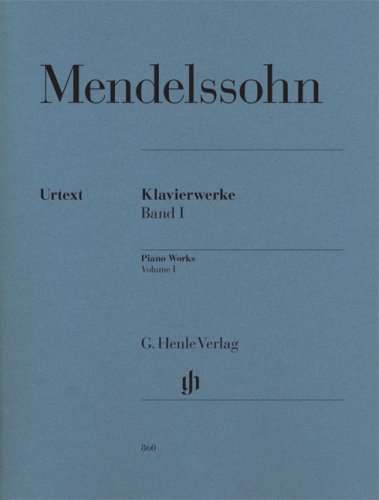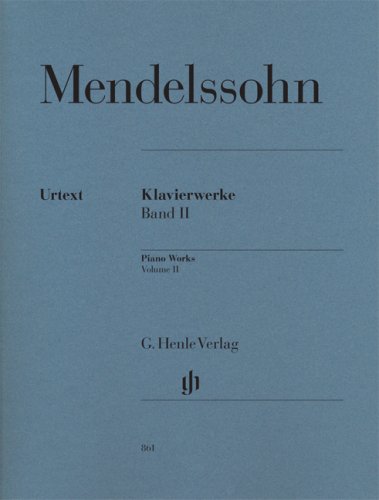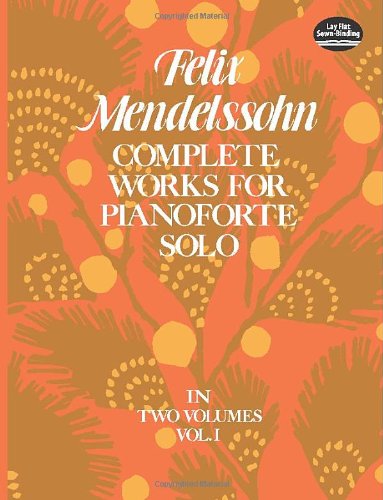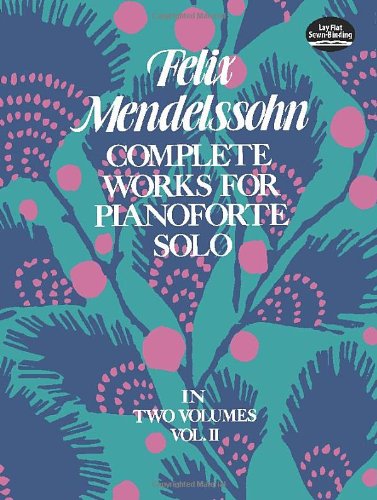Song without words, a composite genre that blends a typical German art song and a lyrical piano character piece, often called Lied ohne worte or Romance sans parole. The origin of its title still remain unknown but was widely spread throughout Europe in the 19th century. Felix Mendelssohn has saw six volumes of Lieder ohne Worte in press, which is op.19b, 30, 38, 53, 62 and 67. The other 2 opuses, 85 and 102 was compiled from disparate manuscripts in his estate, which published posthumously, later became part of the Mendelssohn 'Complete' Works. It was not until the late 20th-century, which saw the unearthing of 8 more Lied ohne Worte, resided in Mendelssohn Archives. The earliest dated song from the 8 is a Lied in Es, a birthday gift to her sister, Fanny.
The next piece, Lied in A major, was inserted to a letter to Fanny in 1830.
Lied in F-sharp minor, subsequently reworked into the Duett Op.63 No.4
an untitled piano piece in A major written during the composer’s honeymoon in 1837
the separately published Gondellied in A major of 1841
Lied ohne Worte in F major written for Doris Loewe
Lied in D major, MWV U178, drafted in 1843 , then partially revised and abandoned.
Reiterlied in D minor, of which several copies survive between 1844 and 1846
Apart from all these, there is also a fragmentary Lied in Es, MWV U82 (which was completed by R.Larry Todd)
ALL WORKS MENTIONED ABOVE ARE PUBLISHED BY BARENREITER, GIVEN INCIPITS ARE FROM PD SOURCES.
A list of potential Song without Words are listed below (though no proof of being authorized):
Andante con moto in A major, MWV U75
Allegretto in A minor, MWV U160 (ca. 1840-42)
Auf Frohliches Wiedersehn A-dur (a rather late piece, dated 1847), MWV U197




























